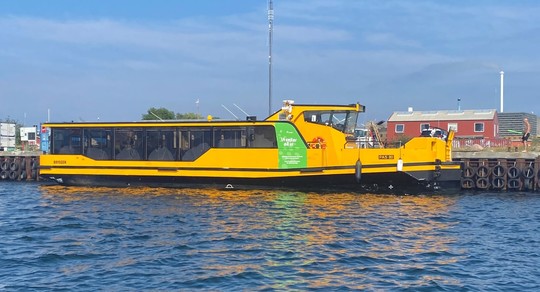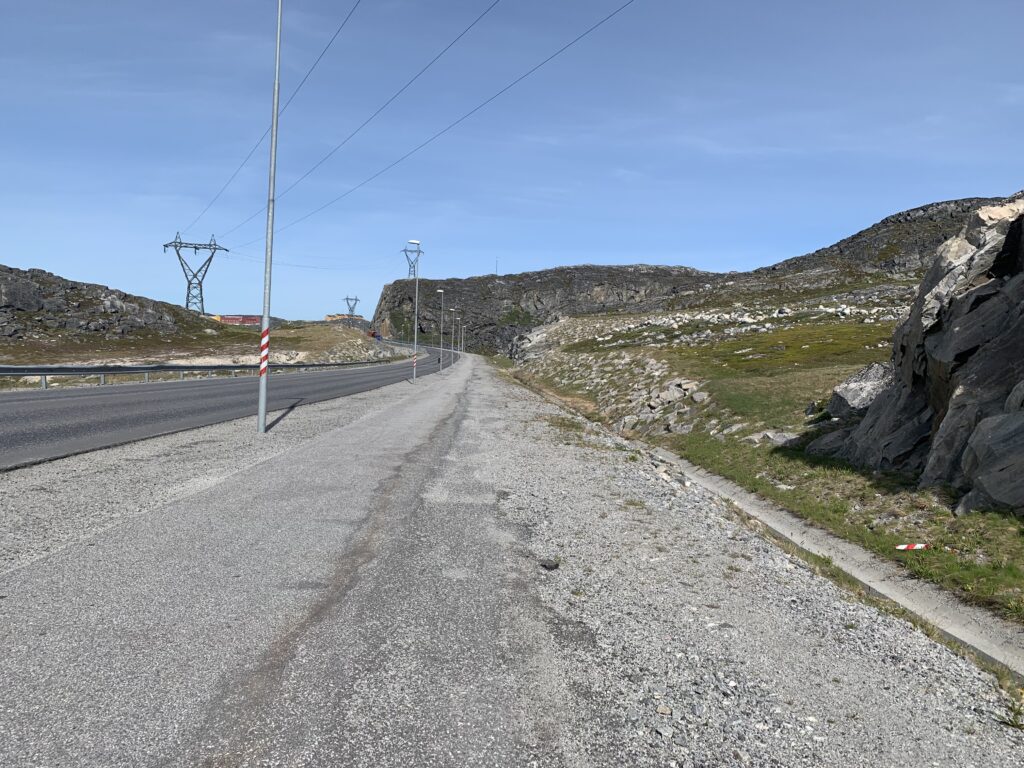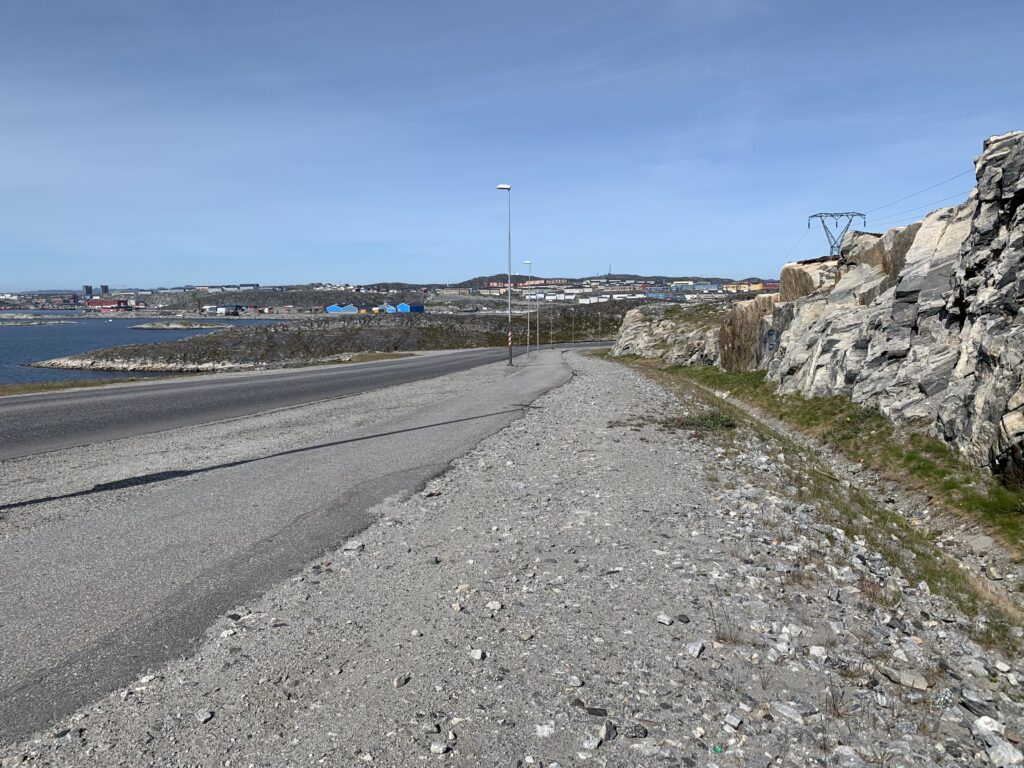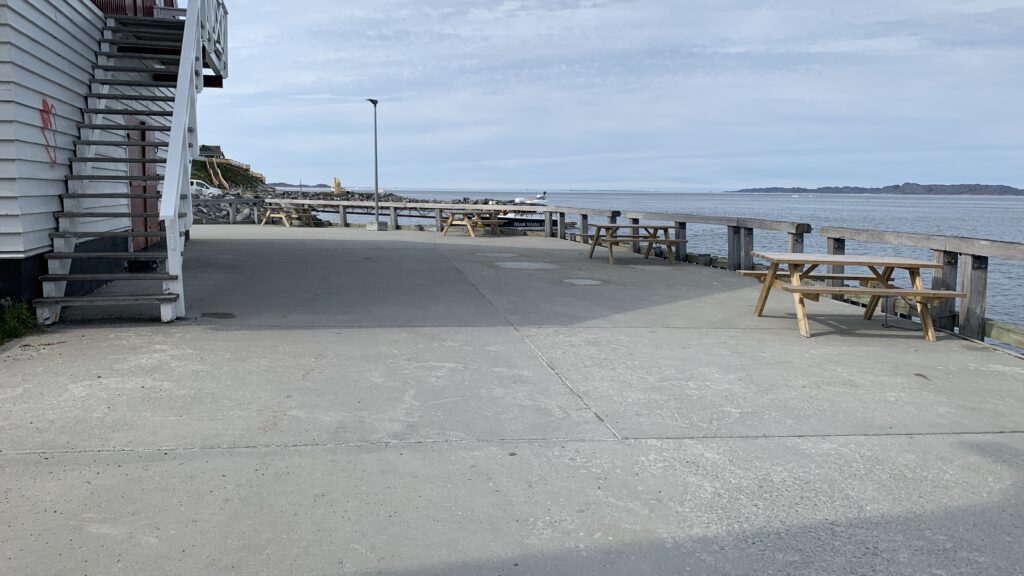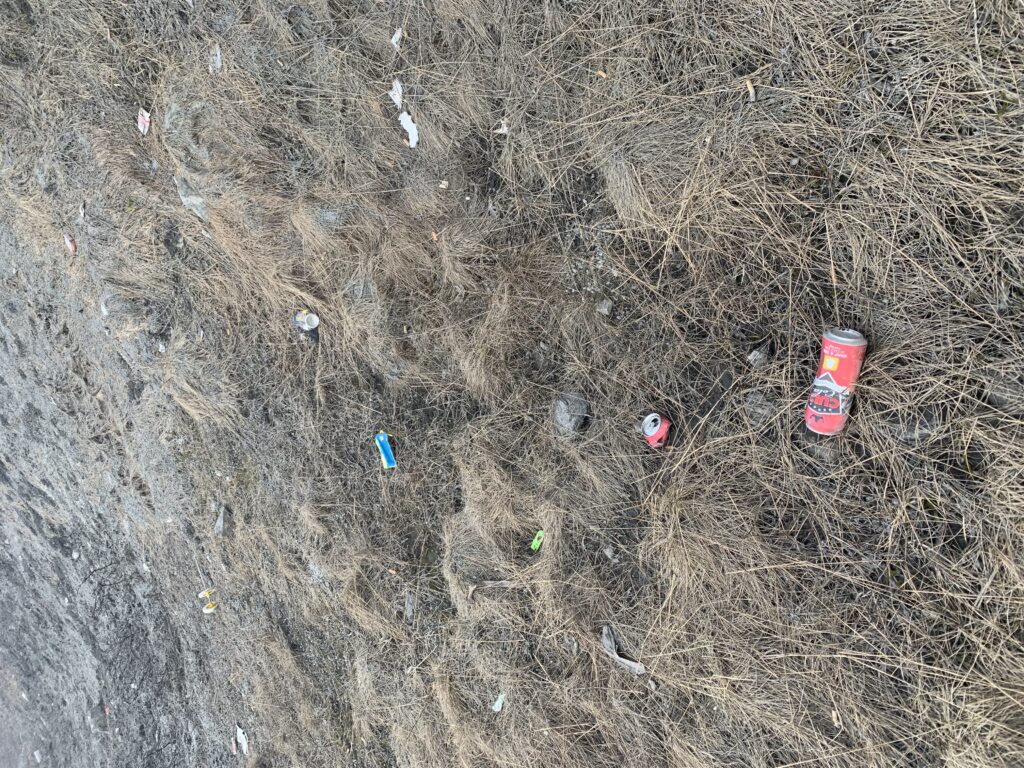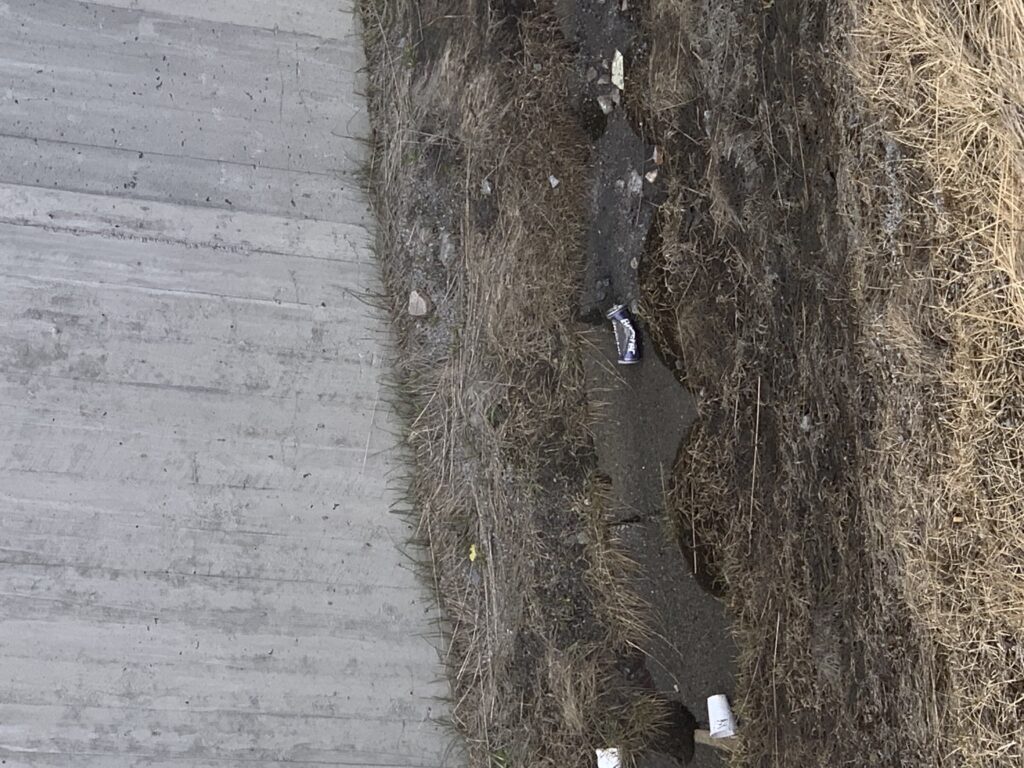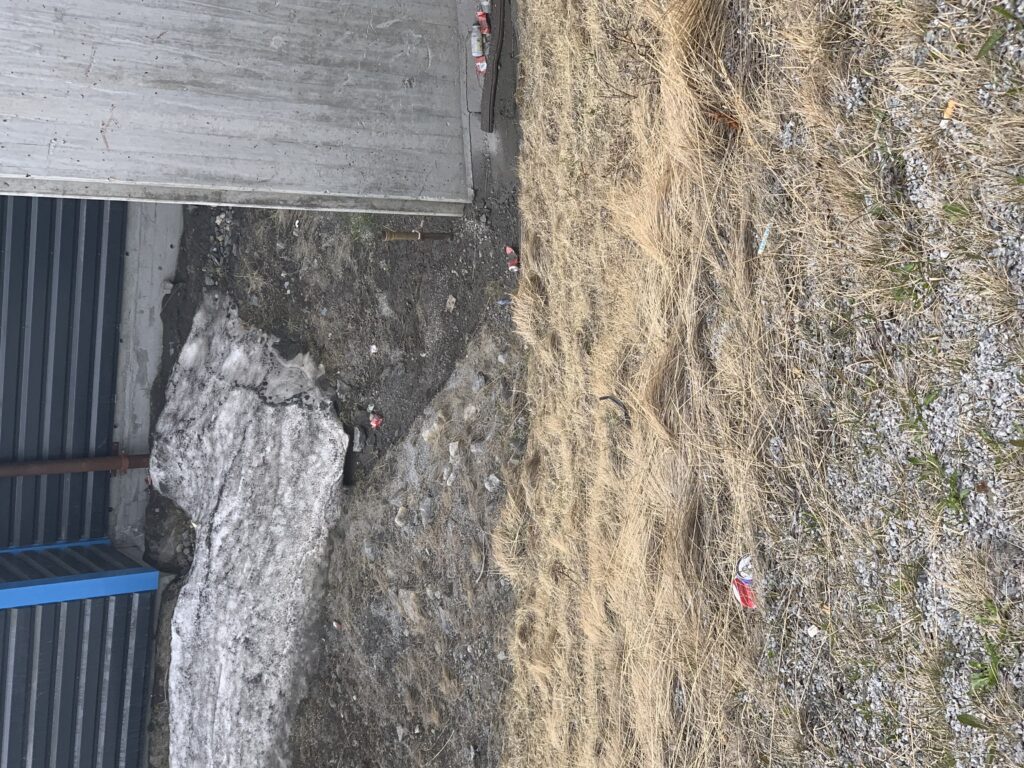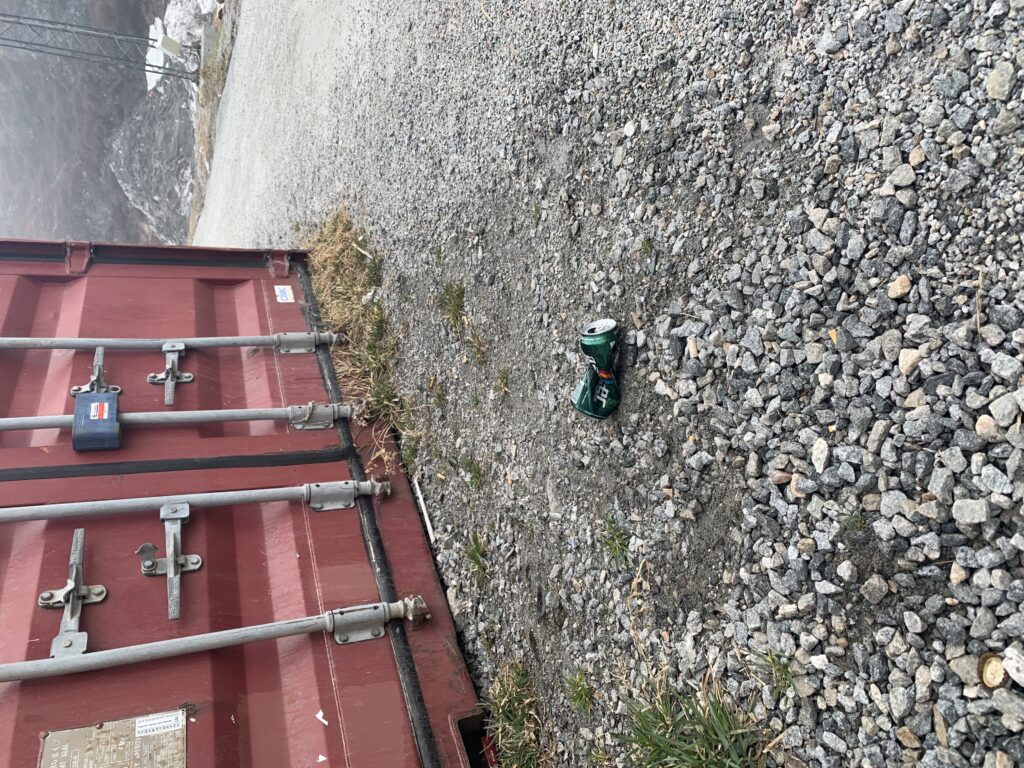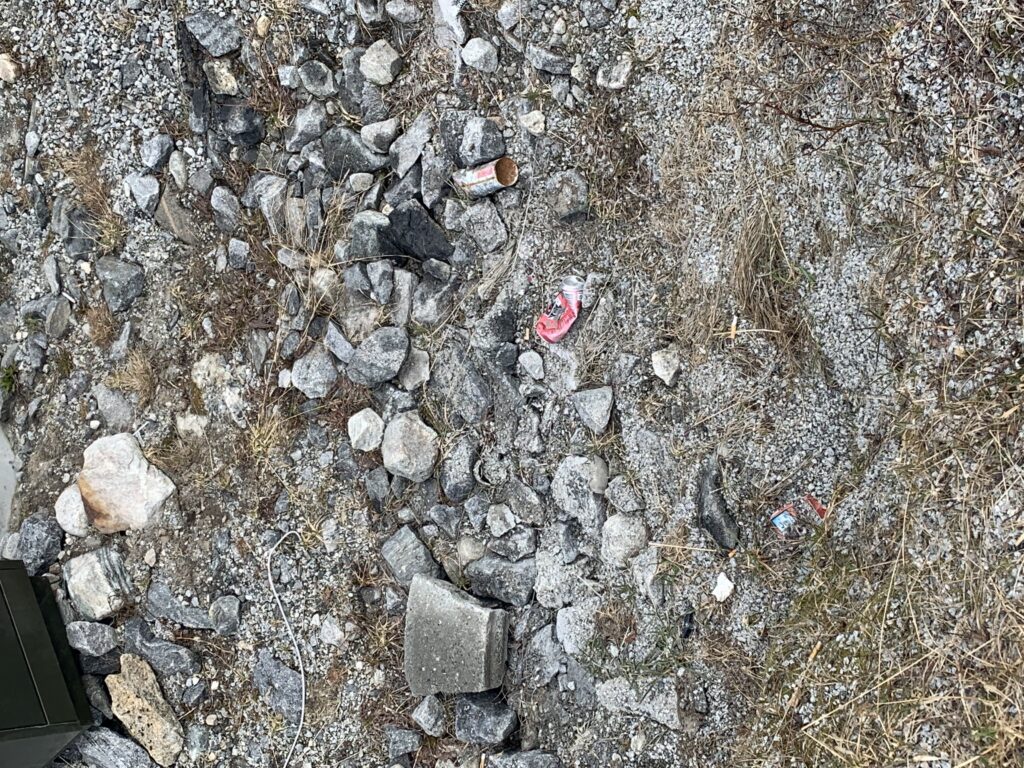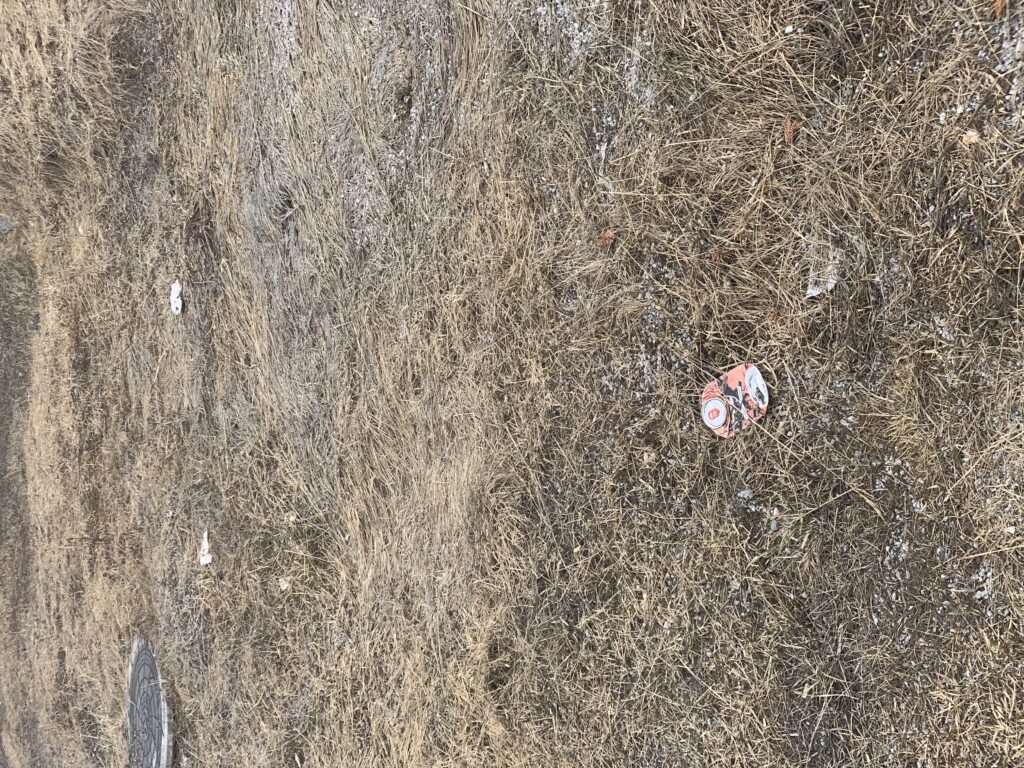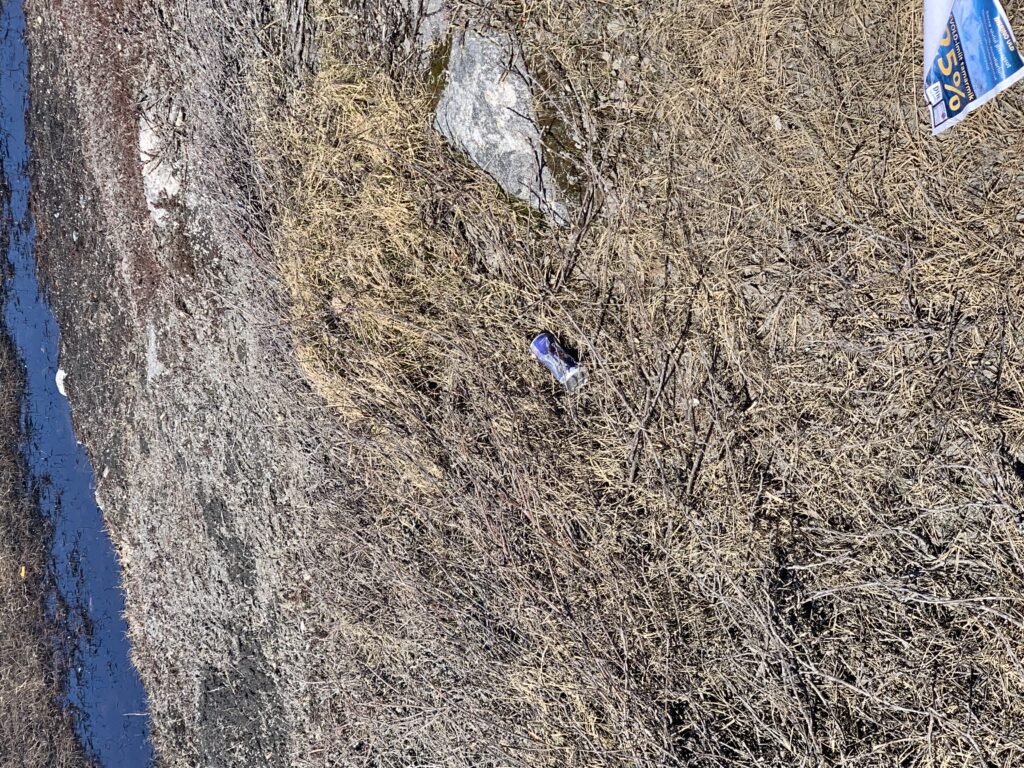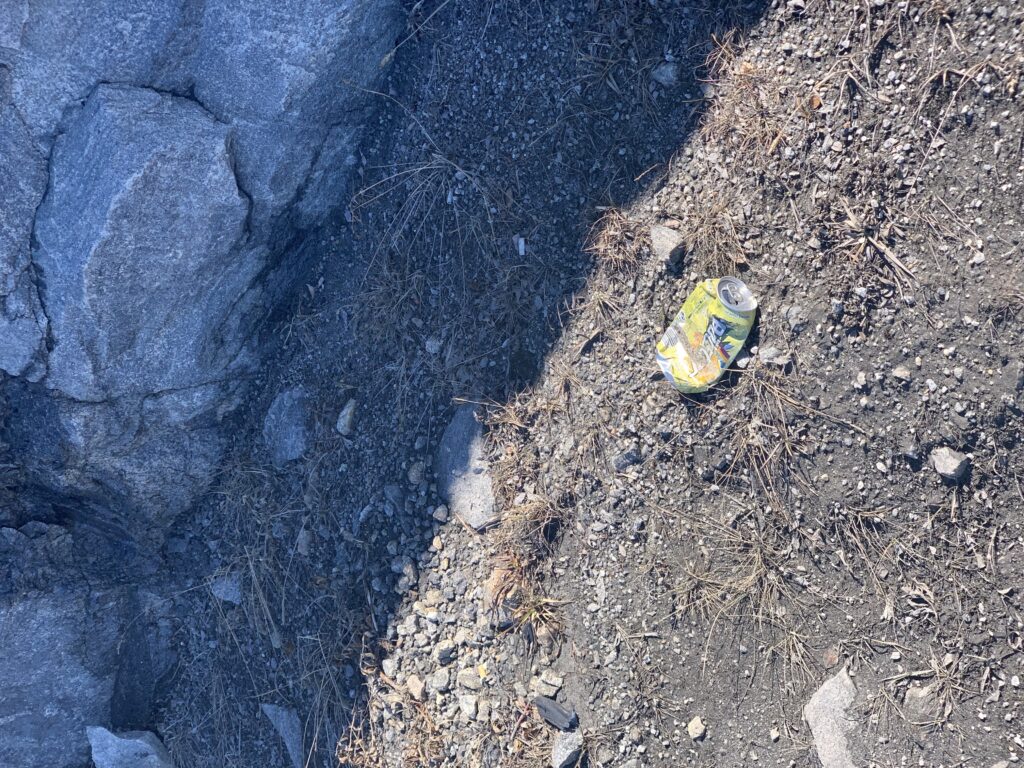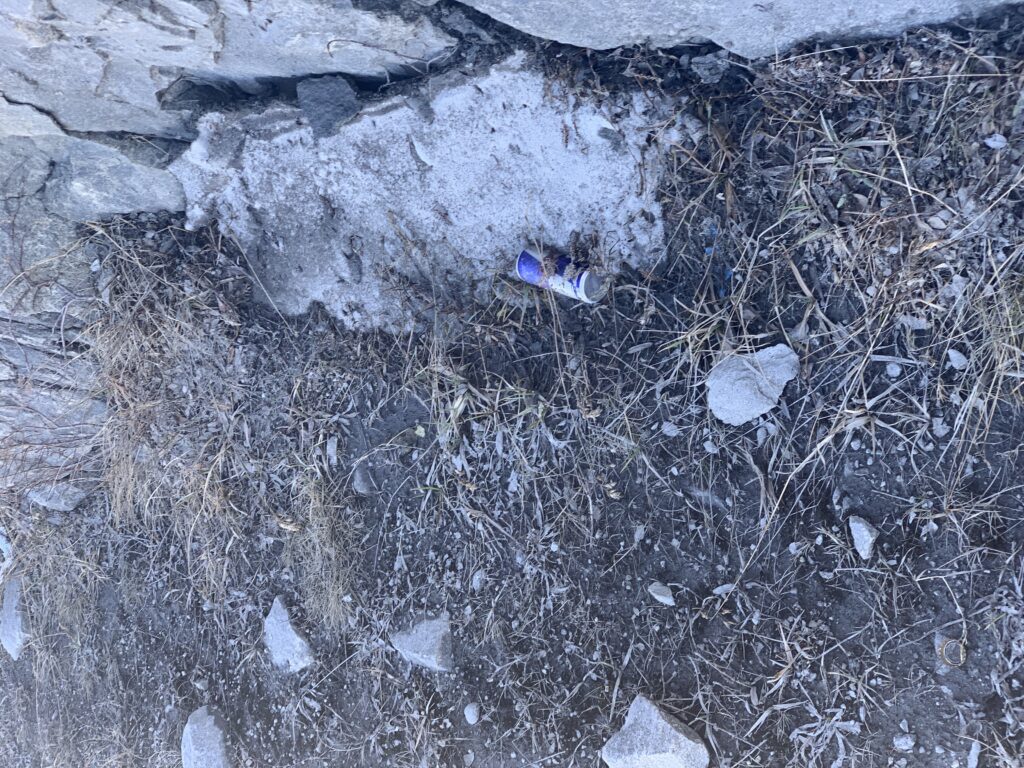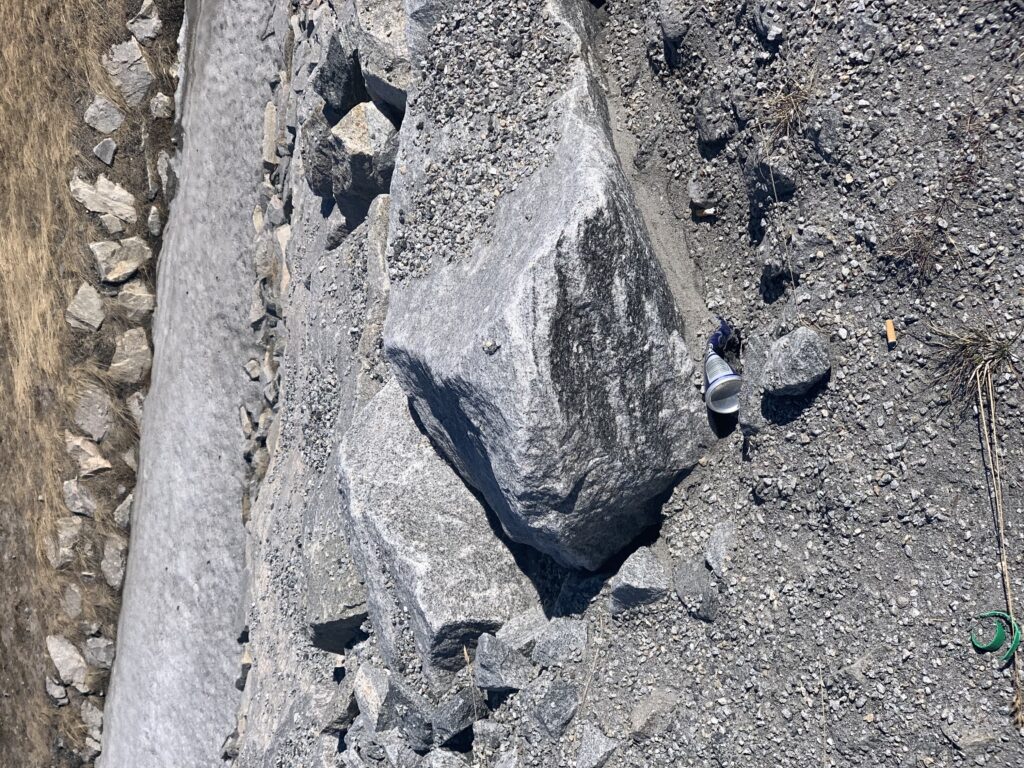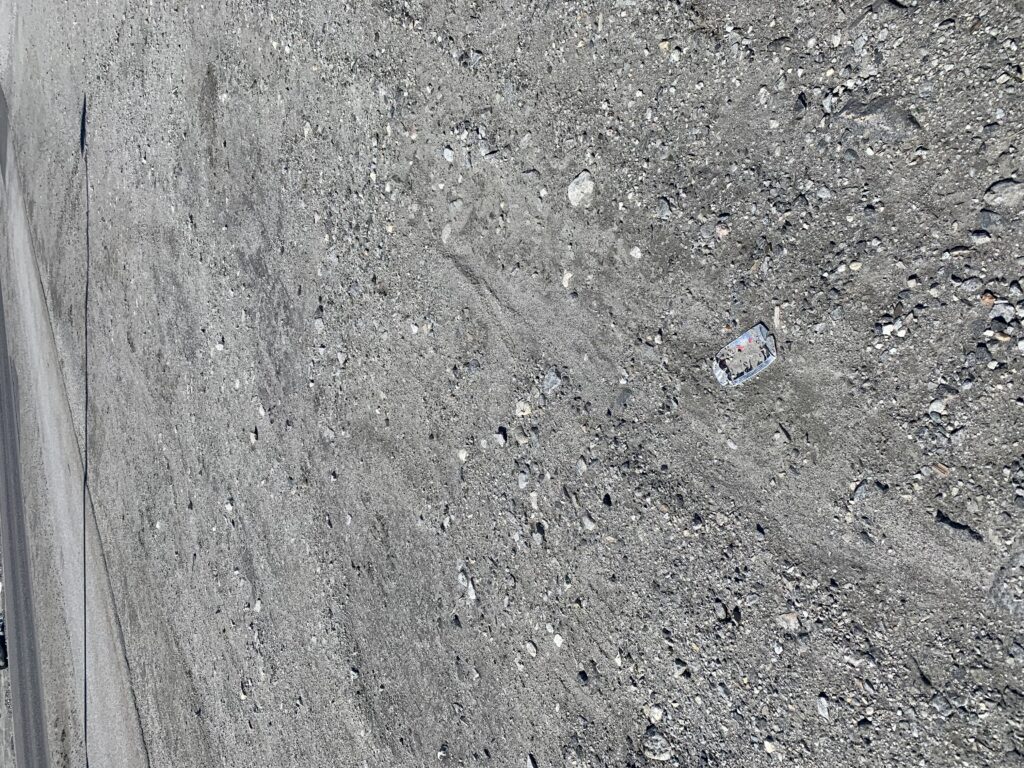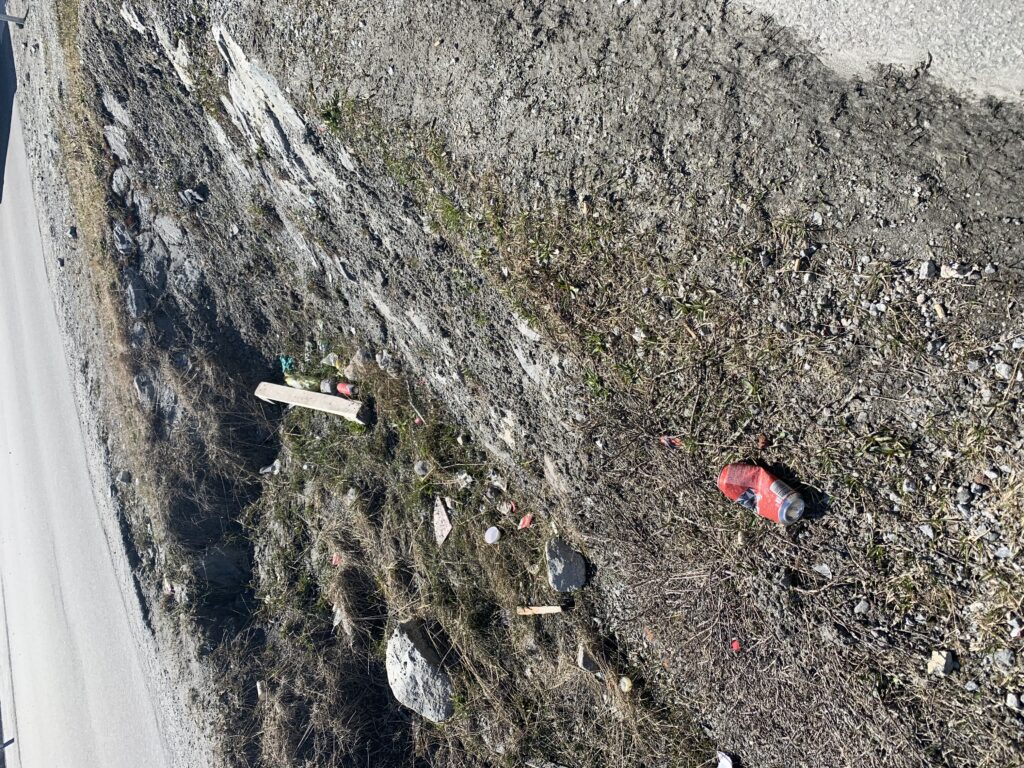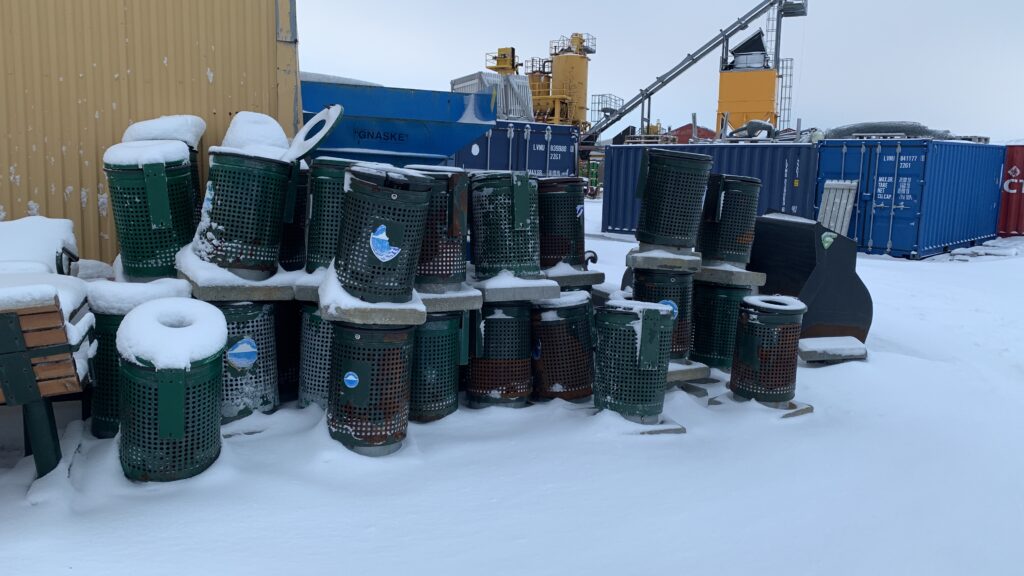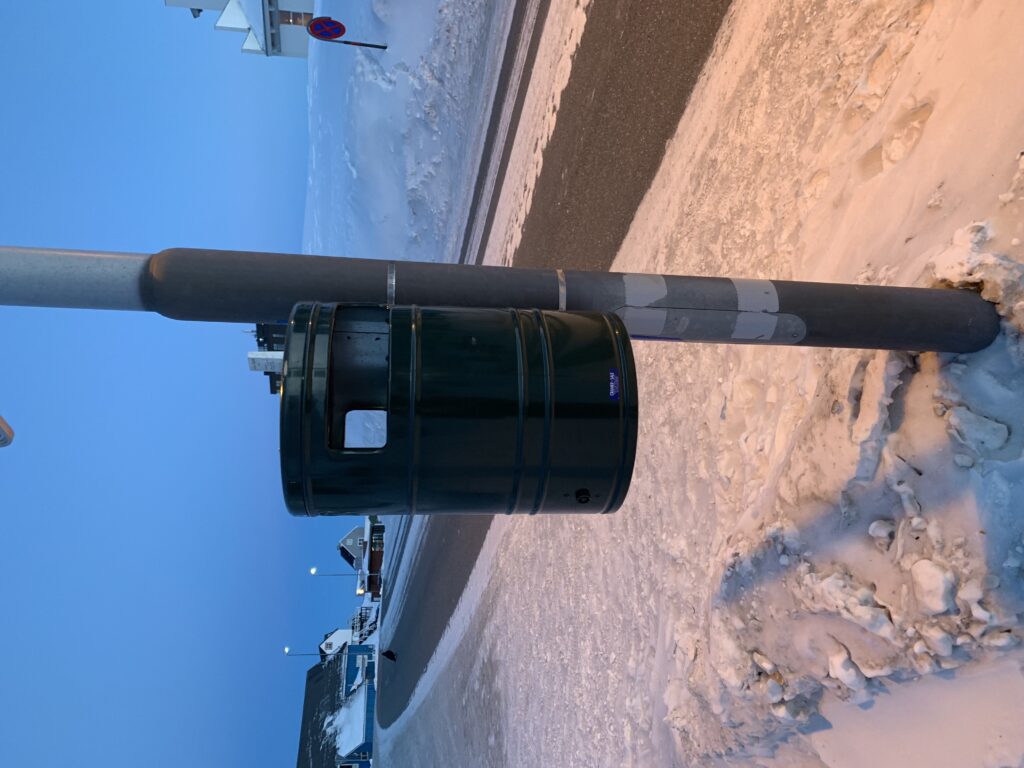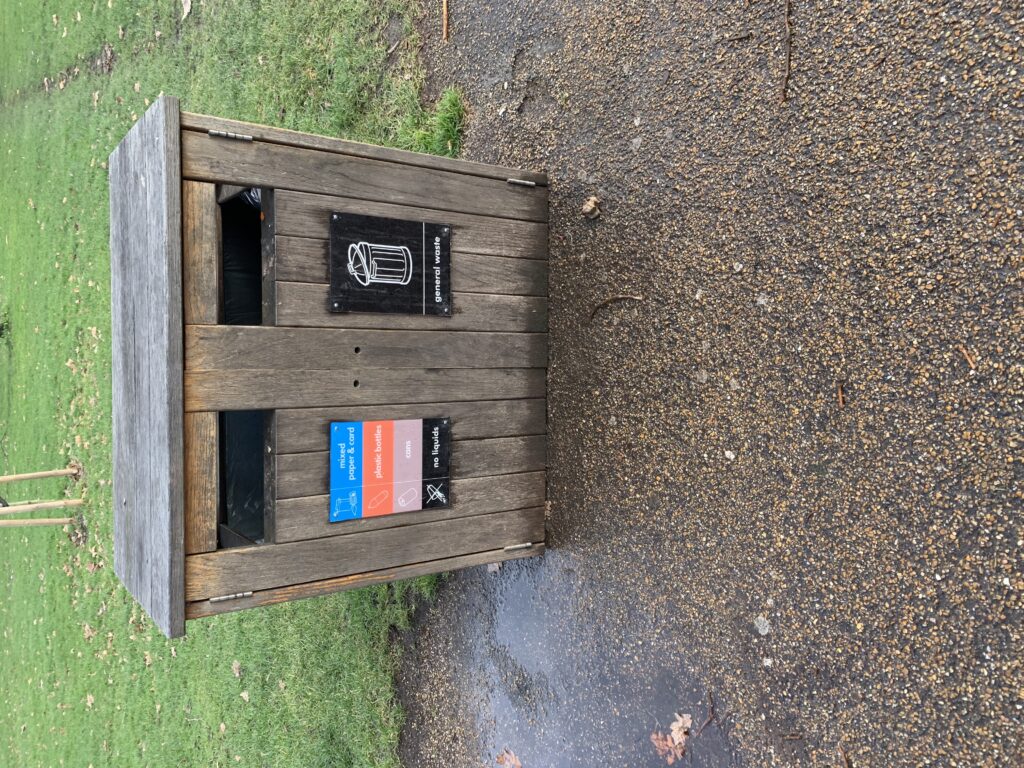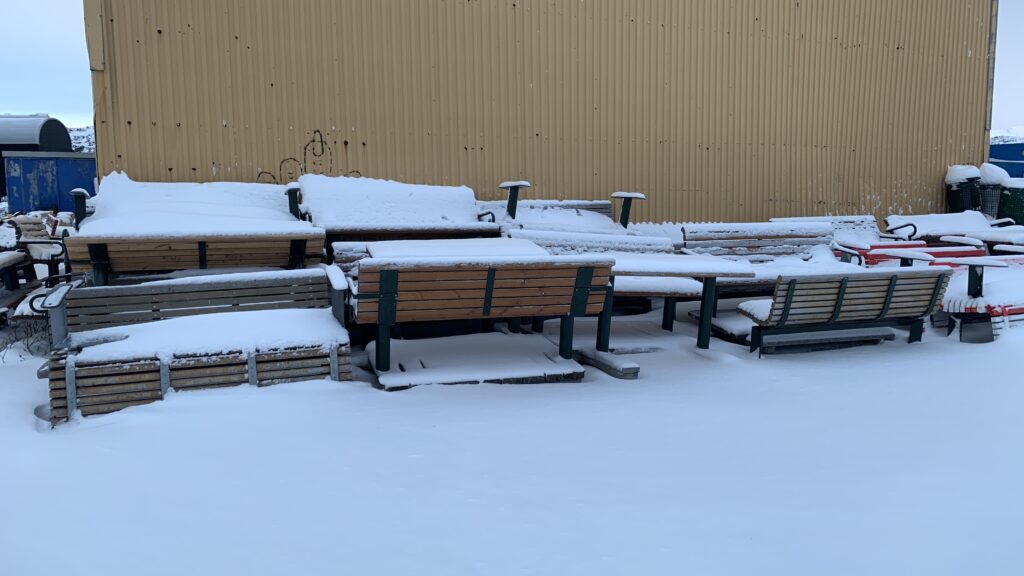The Government of Greenland, Naalakkersuisut, have released their vision on how to lower the use of plastic in Greenland.
It doesn’t really bring that much to the table, and it - ironically - lacks vision. It just follows what EU has already decided. Which is, a ban of single-use plastics and a focus on what becomes of the remaining plastic.
Contrary to popular belief, Greenland is actually a dirty place.
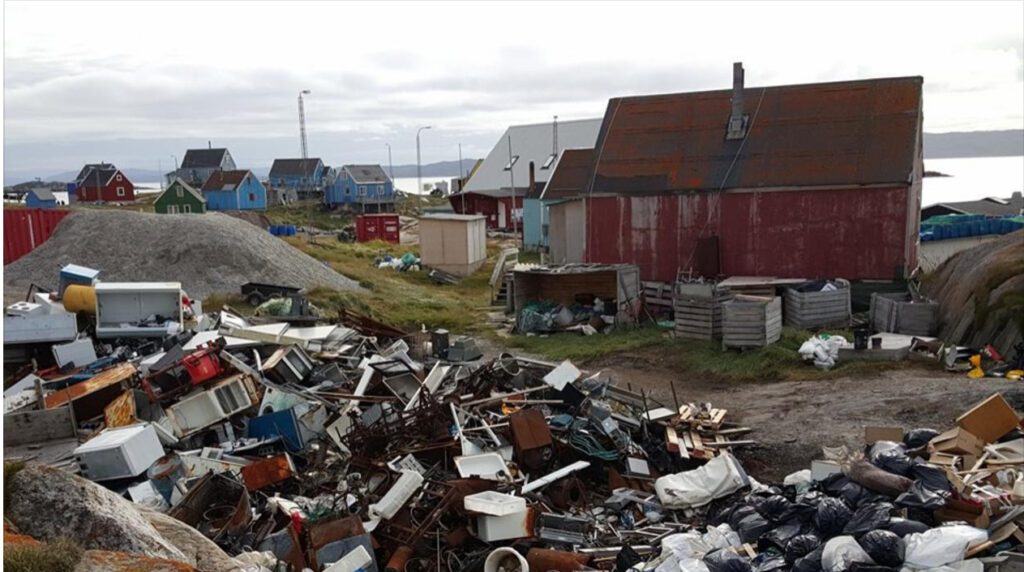
Most settlements in Greenland doesn’t have any means of sorting or getting rid of their trash. The trash is just put out in the open at the settlement’s “dump”. So with a strong gust of wind, light-weight trash such as plastic will blow out into the sea.
In 2017 the University of Aarhus found that only 20% of the trash in Greenland’s sea was from external sources. The remaining 80% were from Greenland itself. So there’s definitely room for improvement.
This month a family were paid by the Environment Fund to collect trash in and around the town of Sisimiut. They collected 500 large bags worth of trash.
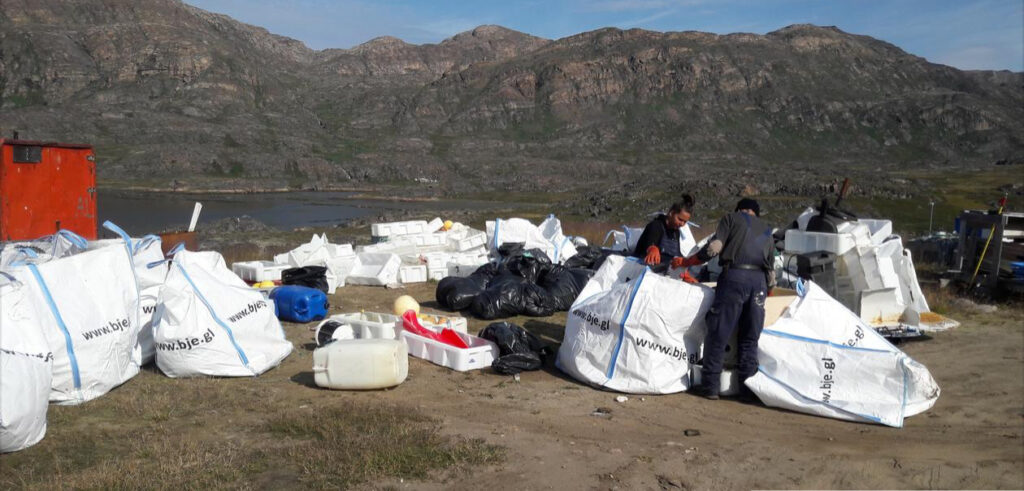
So what does the government’s action plan entail?
Plastic bags
Today, between 3.5 and 5 million plastic bags are imported to Greenland every year. This is around 78 tons plastic, just for shopping bags. The largest supermarket chain in Greenland, Pisiffik estimates that they also import 23 tons of “other” types of plastic.
In 2019, Naalakkersuisut introduced a 3 DKK tax on plastic bags. The new action plan will not place a ban on these plastic bags. They will only place a ban on the thin transparent plastic bags used mostly when buying fruits and vegetables.
Toilet bags
Plastic bags are used in about 5200 toilets which aren’t connected to sewers.
These bags are supposed to be collected by the municipality, which will empty the contents unfiltered into the ocean. The bags themselves are burned in an incinerator. If such an incinerator isn’t available at the settlement or town, the bags with the contents are simply left at the aforementioned “dump”.
The new action plan doesn’t really change much in this aspect. Two new incinerators are being built in Sisimiut and Nuuk, and according to the action plan it will be possible to collect the emptied plastic toilet bags and bring them to Nuuk or Sisimiut to be burned.
An alternative to the use of plastic bags in this regard, is - according to the action plan - to use buckets which can be cleaned and re-used.
Single-use plastics
Naalakkersuisut proposes to introduce a ban on single-use plastics on 1 January 2022. This includes straws, coffee cups, cutlery among other things.
Nothing much to add to this. It’s what should have been done a long time ago.
Micro plastics
Naalakkersuisut wants to clean-up the discarded fishing nets which are in abundance in the greenlandic sea. The clean-up includes the areas along the coastline which fishermen use and where a lot of discarded trash is located.
Furthermore, a ban of micro plastic in cosmetics and cleaning products are to be introduced.
Lastly, they want to look into measures to clean sewage before it’s let into the sea.
Conclusion
This action plan is a step in the right direction. Greenland needs to step-up its game. Sadly, this action plan doesn’t really bring with it the radical changes we need to see in this world in order to combat or mitigate the damage humans have done to it.
A ban of single-use plastic is good. Why not a ban on plastic bags as well? A ban of ICE vehicles? A greater use of solar panels and wind turbines? A focus on walking and cycling?
